Given a database table with a column that contains historic data but that is no longer populated, is there a way in Entity Framework to read the column but prevent it being updated when using the same model object?
For example I have an object
public class MyObject
{
public string CurrentDataColumnName { get; set; }
public string HistoricDataColumnName { get; set; }
}
From the documentation I don’t believe I can do either of the following, because this will stop EF reading the data as well as persisting it.
(1) Decorate the HistoricDataColumnName property with the following attribute
[NotMapped]
(2) Add the following to my EntityTypeConfiguration for MyObject
Ignore(x => x.HistoricDataColumnName)
